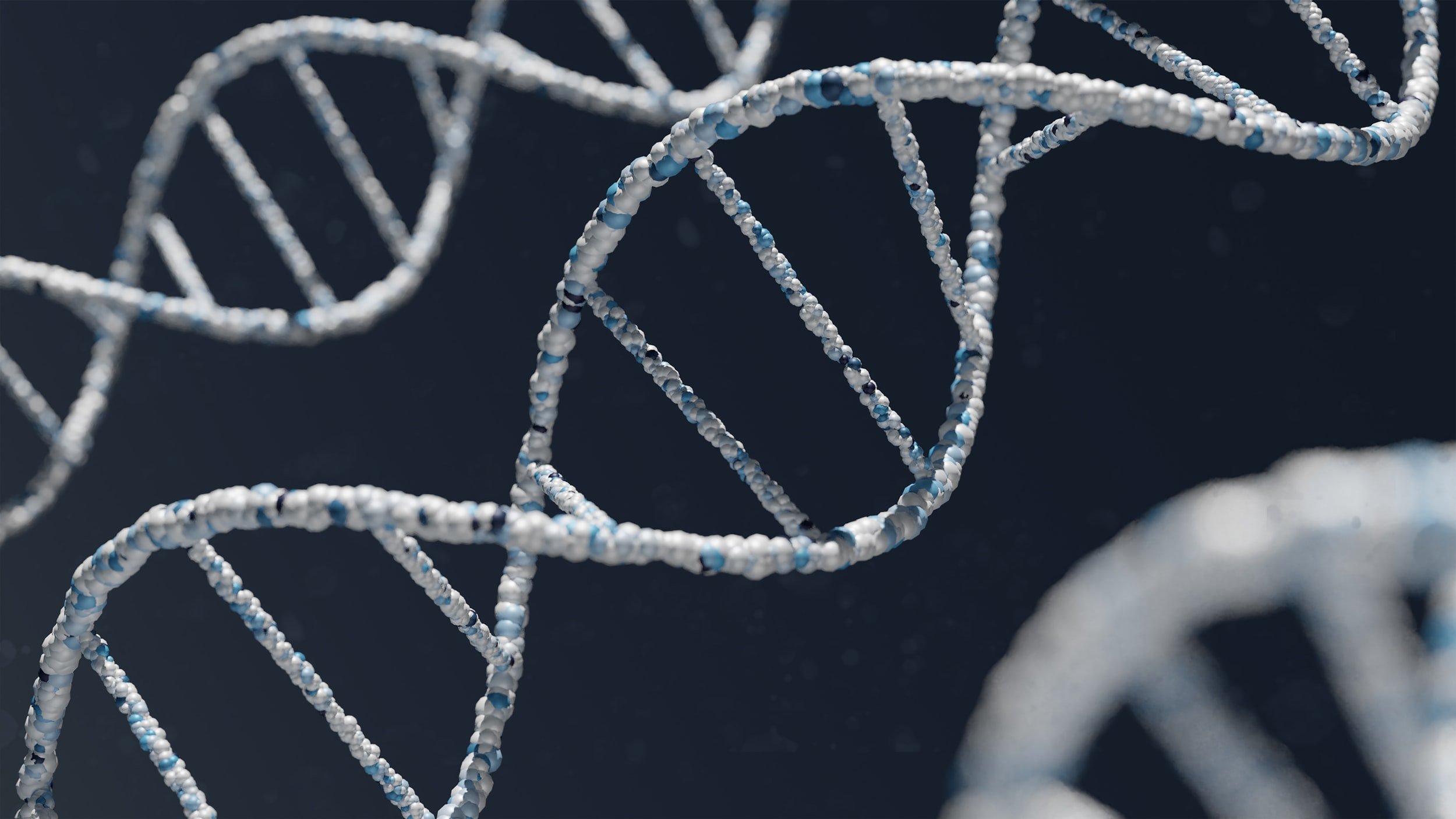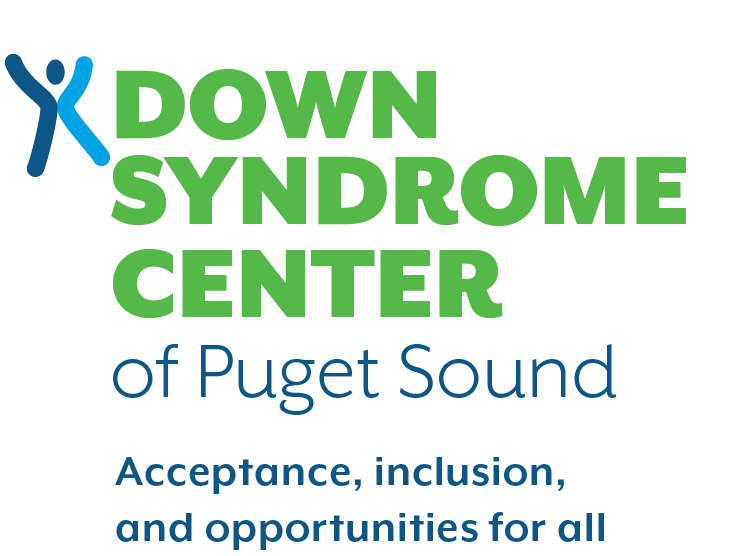
Teens and Transition
Teens are by definition in transition. Transitioning physically, emotionally, educationally, legally and everything in between. As parents, we need to start transitioning too, we need to start thinking concretely about the future.
Whether you are an experienced parent having been down the adolescent path before or if this will be your first time, the path is always changing. Having a child with a disability can make this time that much more confusing.
Physical Changes
At DSC we offer the Understanding Adolescence and Puberty program, which aids tweens and teens with intellectual disabilities going through puberty—answering questions about the changes affecting their bodies during this time of their life.
Additionally, Seattle Children’s Hospital has classes specific for boys and girls; these are not designed for a child with a disability, but they could be useful if you think your child is ready for the information. Your pediatrician would be another good source of information for this.
Emotional Changes
As with typical children, adolescence is a time when kids are exploring independence. Finding ways to give some control and responsibility to your adolescent is a great way to increase your awareness of their ability and their confidence. Increasing household chores is an example of a teenage responsibility. Helping find items in the grocery store is a great activity that can turn into a math lesson and a life lesson. Giving choices is important, just make sure you are OK with the choices you offer. Here is a quick read that may be interesting.
Educational Changes
This is an area that is growing by leaps and bounds. Starting early in some minds, around age 13, the educations system will start asking you about your expectations for your student after the typical k-12 system. Most public school systems offer a “Transition Program” for students with and IEP for the years 18-21. These are often programs that work on job skills and employment placements. Long term employment is the real goal of all educational plans, so your student can become as productive and independent as possible. The employment statistics for individuals with disabilities are greatly improved when a transition program is completed. There are many more options for students with ID/DD (intellectual disability/developmental disability). Here is a great source of information for post-secondary education information.
Legal Changes
Once your adolescent turns 18 they are legally emancipated. They can be tried as an adult, sign contracts, be taken advantage of financially… Guardianship, Power of Attorney for finance, Power of Attorney for healthcare…. There are a lot of things to consider, and the decision is different for each family. The Arc of King County has great classes and materials to help with this choice.
Transition into adulthood will also involve other governmental offices:

